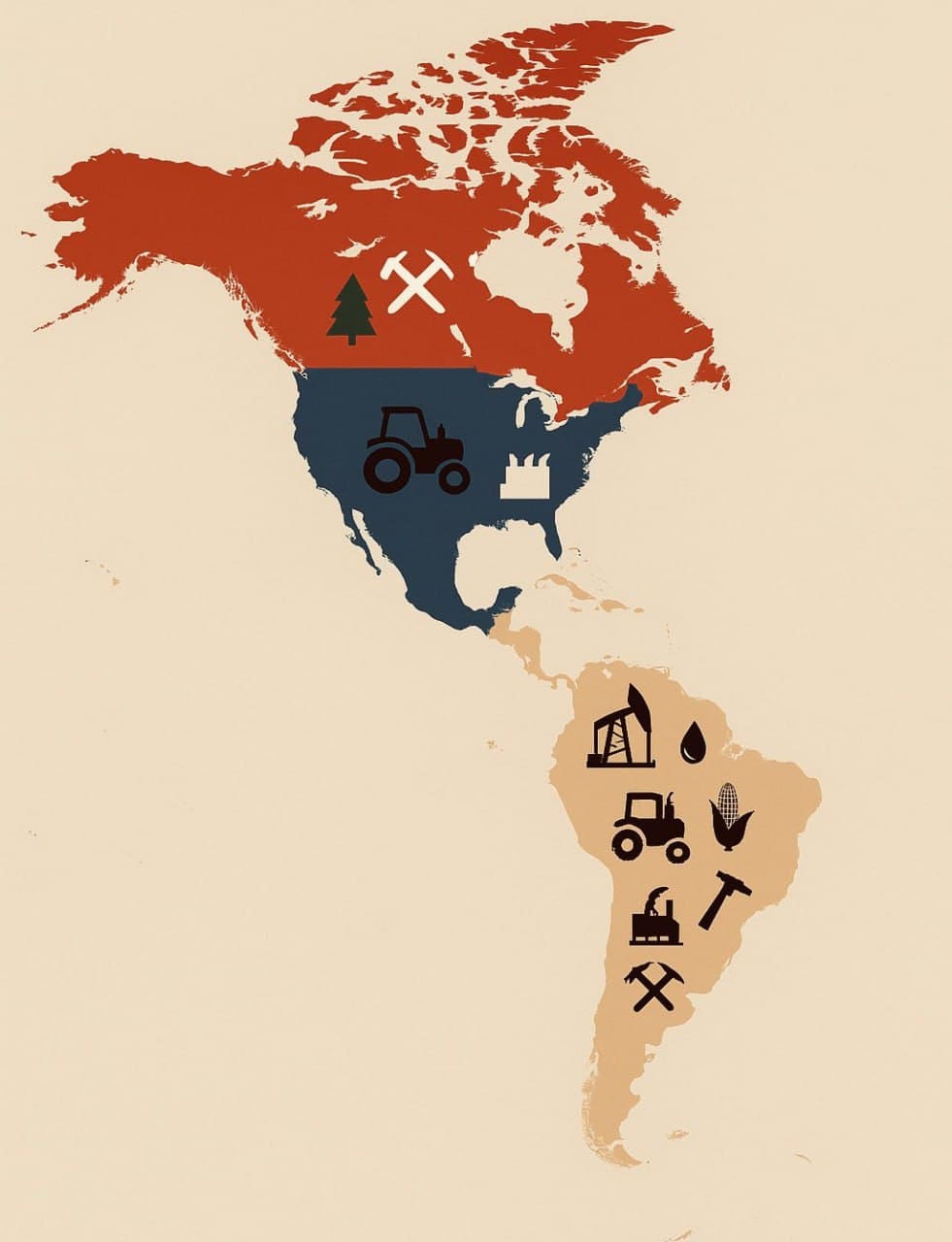The United States is intensifying its control over the Western Hemisphere as geopolitical tensions peak, with a strategic focus on eliminating vulnerabilities posed by drug cartels and asserting national security interests. This shift is particularly evident in U.S. actions in Venezuela, Mexico, and throughout the Caribbean, which reflect a broader effort to secure resources and stabilize the region ahead of potential global confrontations.
Recent operations have seen Washington designate drug cartels as terrorist entities, sanction their financial networks, and target their logistical operations at sea. This approach redefines these organizations from mere criminal enterprises to significant threats to national security, thereby justifying U.S. intervention in a region where migration flows, mineral corridors, and energy infrastructure are crucial.
Historically, the U.S. has navigated similar crises, as seen during the Civil War, the Great Depression, and World War II, each marking a pivotal reset in the nation’s institutional framework. According to the Fourth Turning theory, the current period, leading up to 2032, is critical for establishing a new global order. Securing resources from Guyana, Mexico, Brazil, and Venezuela is now seen as essential for maintaining U.S. influence against rivals like China and Russia, who could exploit instability in the Americas.
The implications of these strategies are profound. Should the U.S. fail to rein in cartel power, it risks facing political instability at home as global tensions escalate. Conversely, successful containment could bolster U.S. dominance, enabling it to confront external threats from adversaries more effectively. This calculated effort to reshape the hemisphere underscores the urgency of current U.S. actions, which are not merely tactical but foundational to the future of American power.


![[Video] Heavy clashes and gunfire reported in Baghdad, Iraq](/_next/image?url=%2Fapi%2Fimage%2Fthumbnails%2Fthumbnail-1768342239932-848qsh-thumbnail.jpg&w=3840&q=75)




![[Video] Gunfire between Iraqi security forces and Sadr militias in Baghdad](/_next/image?url=%2Fapi%2Fimage%2Fthumbnails%2Fthumbnail-1768343508874-4redb-thumbnail.jpg&w=3840&q=75)
